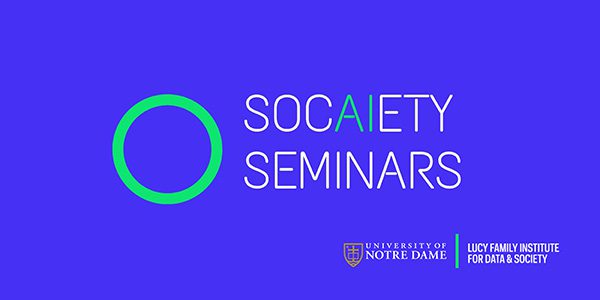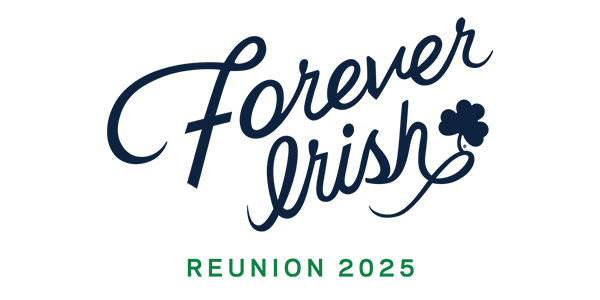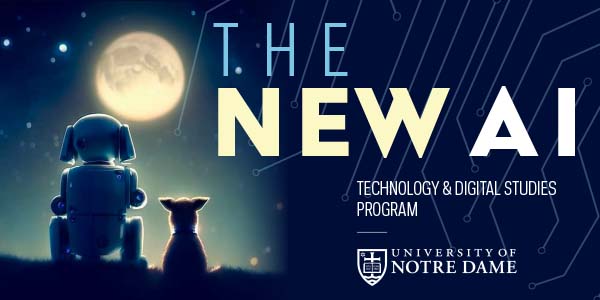In this timely episode of The New AI, host Graham Wolf led a compelling, multigenerational conversation about how generative AI is reshaping the workplace. Jen Hall ’98, Managing Director at Accenture, joined student voices Annie Z and Ella Turani to unpack how trust, transparency, and talent readiness are redefining what it means to thrive in an AI-augmented world.
Laying the Groundwork: From Experimentation to Execution
Hall began by reframing the moment—not as an AI revolution, but an evolution. After years of narrow AI operating quietly behind the scenes, generative AI has made its impact visible in daily workflows. But adoption still lags. Hall emphasized that scaling AI responsibly requires more than technical know-how—it demands ethical alignment, cultural buy-in, and deep organizational trust.
Trust Is the New Currency
Trust surfaced as the linchpin of responsible AI integration. Hall highlighted how clients now expect not just faster answers but verifiable, thoughtful ones. That means disclosing when AI is used, governing its output, and ensuring human oversight. Trust, she argued, isn’t a soft value—it’s a structural necessity.
Collaboration, Not Replacement
Ella Turani raised a key tension: Can AI undercut human creativity and judgment? Hall acknowledged the risk, but reframed AI as a jump-start, not a crutch. Used well, generative tools can accelerate progress—but only when paired with expertise, reflection, and an understanding of what the model can and cannot do.
The Shallow Apprenticeship Problem
Annie Z spotlighted a growing issue: early-career professionals often use AI to generate first drafts, leaving senior colleagues to fill in the intellectual depth. Hall warned that while AI boosts productivity, it can hollow out foundational skill-building. Without real-world practice and mentorship, tomorrow’s talent may lack the deep reasoning today’s work requires.
The AI Double Bind in Education
Students expressed ambivalence about AI in the classroom: fluency is rewarded at work, but penalized in school. Hall urged universities to shift toward outcome-based evaluation—training students not just to use AI, but to question, refine, and defend its outputs. This mirrors the ambiguity professionals navigate every day.
Reskilling Over Replacement
On fears of automation, Hall was blunt: the threat isn’t losing your job—it’s becoming irrelevant. While AI will displace repetitive tasks, demand for strategic thinking, creativity, and interpersonal fluency will grow. For students and mid-career workers alike, the mandate is clear: keep learning, or fall behind.
Governing the Ungoverned
In the absence of comprehensive AI regulation, Hall stressed the need for corporate guardrails. Organizations must define ethical boundaries, set disclosure norms, and build accountability into workflows. Far from stifling innovation, governance offers the stability needed for responsible scaling.
Conclusion: Rediscovering the Human Edge
The conversation closed with cautious optimism. Generative AI can democratize access, boost creativity, and push boundaries—but only when paired with integrity, context, and human discernment. As Hall put it: AI won’t replace human talent, but it will expose where our thinking is shallow. The future belongs to those who think deeply, adapt quickly, and collaborate wisely—with both humans and machines.






